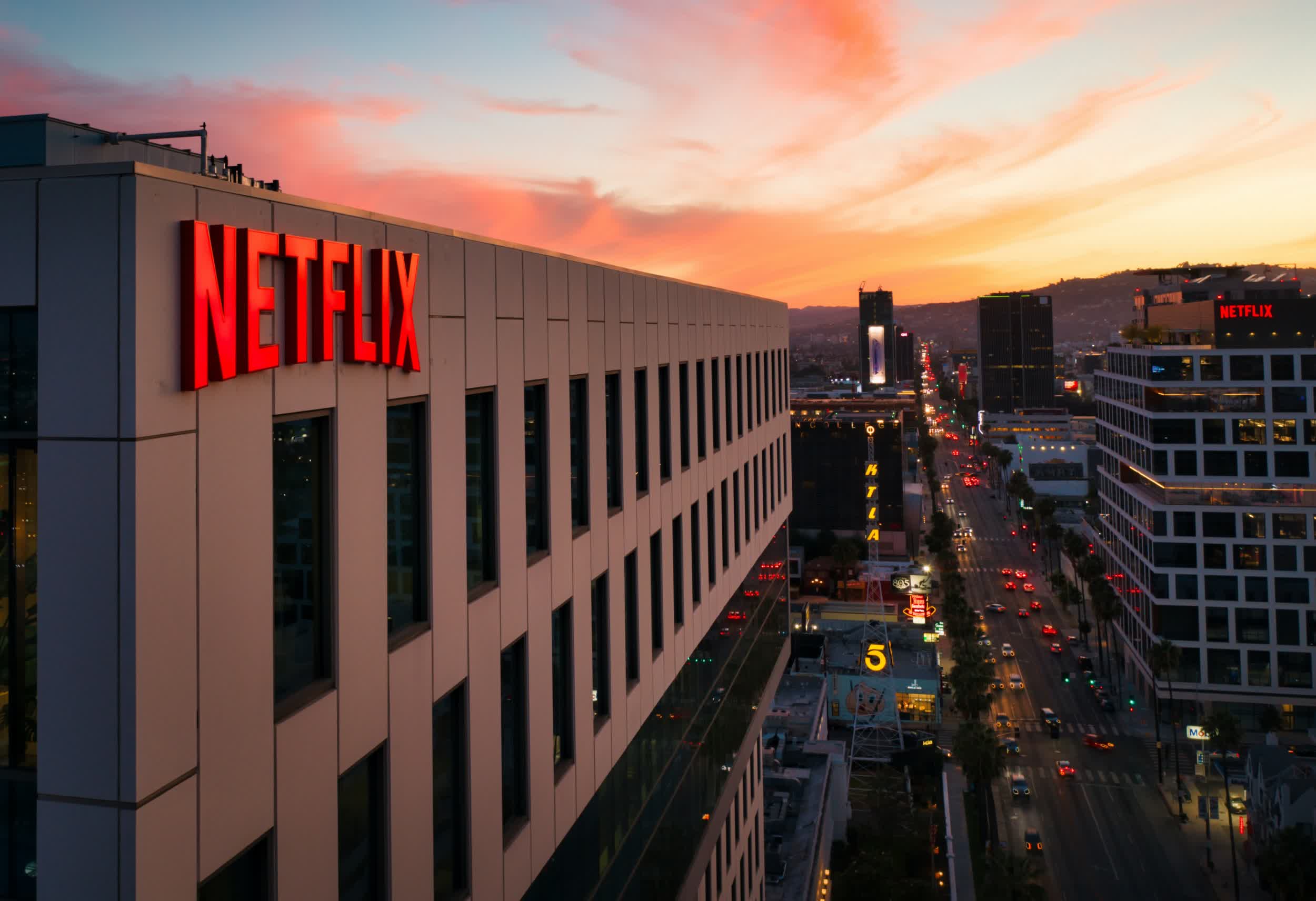In brief: Netflix is reportedly looking to rein in spending on original content after losing subscribers for the first time since 2011. Sources familiar with the company's strategy told The Wall Street Journal that after turning out over 500 original programs in 2021, the company is looking to reduce its output and focus more on producing quality programming. Specifically, Netflix will revamp production deals to limit risk and prioritize productions with the greatest return, not the biggest reach.
What's ironic is that Netflix is largely responsible for the current state of streaming. Years ago, the industry was far more consolidated as several studios simply licensed their content to Netflix for digital distribution. Then, Netflix decided to get into the original content game, but with no track record, they had to overpay to win bids for high-profile shows.
"That was the cost of entry, the cost of doing business," Bela Bajaria, the head of global TV for Netflix, said in a recent interview.

It wasn't cheap, but it worked. Early originals like House of Cards and Orange is the New Black helped grow the service, and soon enough, licensing partners wondered if they could replicate Netflix's success on their own. Disney took the plunge, pulling its movies from Netflix and launching its own streaming service called Disney+.
Others with sizable media libraries would also test the waters with exclusive streaming platforms. That has led to a lot of fragmentation in the market, with services like Paramount+, Peacock, Hulu, HBO Max and others all vying for your monthly sub.
Netflix has continued to invest heavily in original content, and this year will be no different. The company expects to spend more than $20 billion on content creation in 2022. Stranger Things 4, due out next month, reportedly cost $30 million per episode to film. The main difference nowadays is Netflix is spending money not only to grow and maintain its subscriber base but fend off competition that didn't exist before.
Video streaming is seemingly at a crossroads. Continued fragmentation - even more services vying for your money - doesn't seem sustainable for anyone involved. Perhaps consolidation is the answer?
As for Netflix, more focused spending could help. The streaming giant is also open to cheaper subscription tiers and is exploring how to monetize shared accounts. Also, if the industry does consolidate, perhaps Netflix could strike up new licensing deals and reduce spending on expensive originals. One thing appears obvious - further price hikes while already on unstable ground don't seem like a good idea.
In the near future, however, things are likely to get worse before they get better. Netflix said it anticipates losing another two million subscribers in the second quarter, thanks in large part to its withdrawal from the Russian market.
Image credit Venti Views, Mason Kimbarovsky
